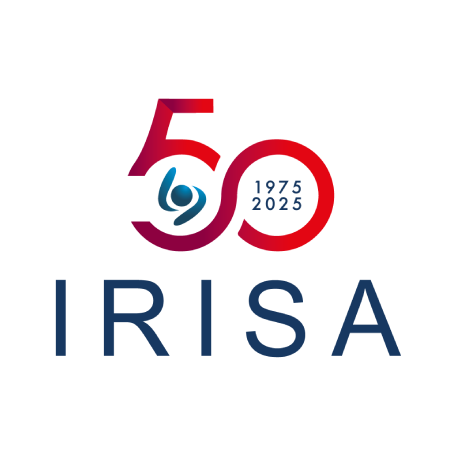Michel Dumontier (Maastrich university)
Title: Accelerating biomedical discovery science with an Internet of FAIR data and services
Abstract:
Biomedicine has always been a fertile and challenging domain for computational discovery science. Indeed, the existence of millions of scientific articles, thousands of databases, and hundreds of ontologies, offer exciting opportunities to reuse our collective knowledge, were we not stymied by incompatible formats, overlapping and incomplete vocabularies, unclear licensing, and heterogeneous access points. In this talk, I will discuss our work to create computational standards, platforms, and methods to wrangle knowledge into simple, but effective representations based on semantic web technologies that are maximally FAIR - Findable, Accessible, Interoperable, and Reusable - and to further use these for biomedical knowledge discovery. But only with additional crucial developments will this emerging Internet of FAIR data and services enable automated scientific discovery on a global scale.
Bio:
Dr. Michel Dumontier is the Distinguished Professor of Data Science at Maastricht University and co-founder of the FAIR (Findable, Accessible, Interoperable and Reusable) data principles. His research focuses on the development of computational methods for scalable and responsible discovery science. Dr. Dumontier obtained his BSc (Biochemistry) in 1998 from the University of Manitoba, and his PhD (Bioinformatics) in 2005 from the University of Toronto. Previously a faculty member at Carleton University in Ottawa and Stanford University in Palo Alto, Dr. Dumontier founded and directs the interfaculty Institute of Data Science at Maastricht University to develop sociotechnological systems for responsible data science by design. His work is supported through the Dutch National Research Agenda, the Netherlands Organisation for Scientific Research, Horizon 2020, the European Open Science Cloud, the US National Institutes of Health and a Marie-Curie Innovative Training Network. He is the editor-in-chief for the journal Data Science and is internationally recognized for his contributions in bioinformatics, biomedical informatics, and semantic technologies including ontologies and linked data.
